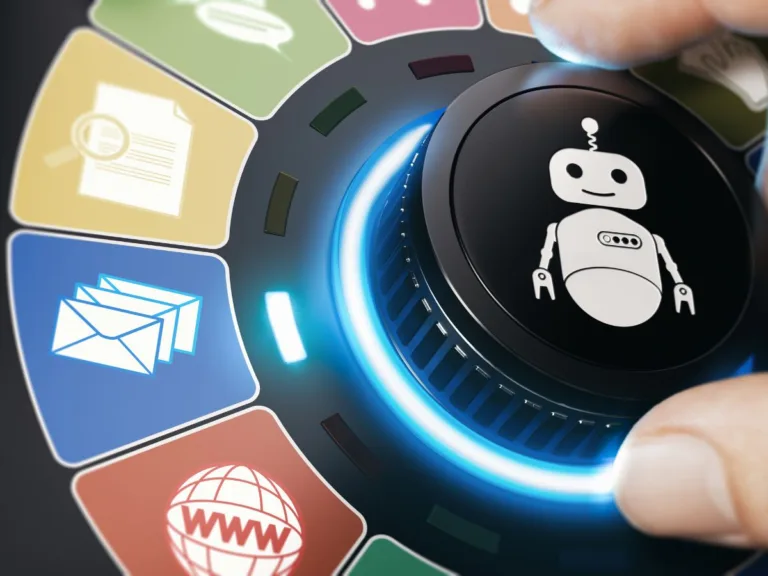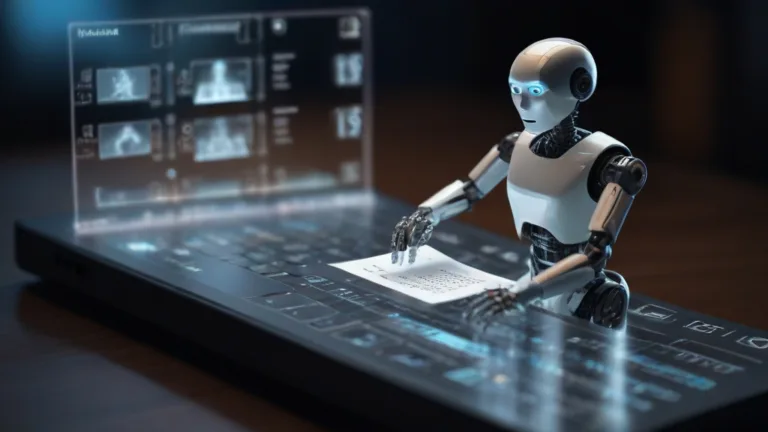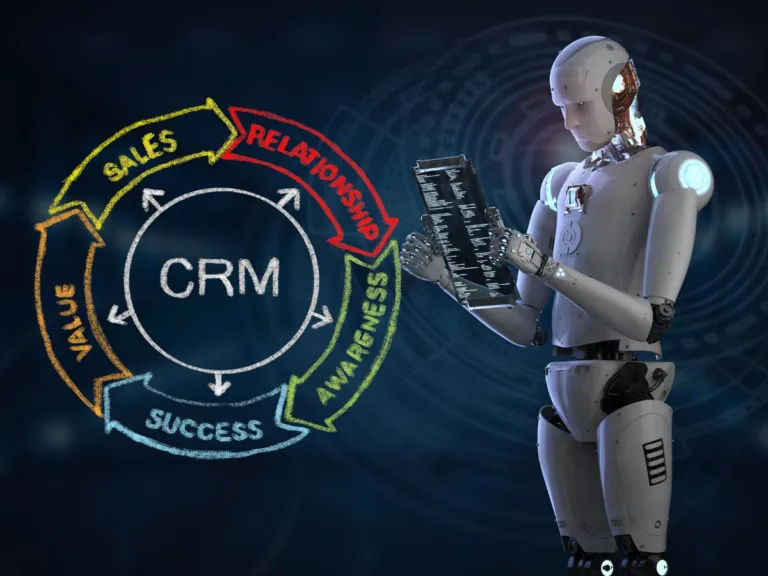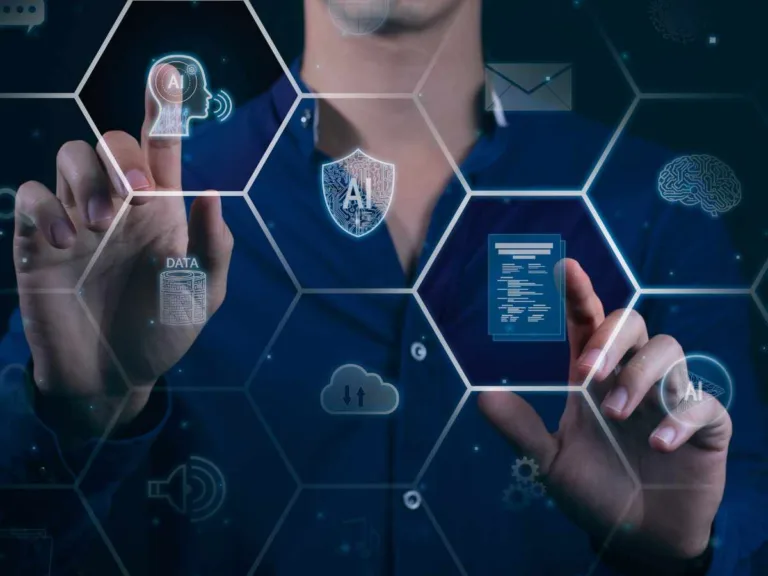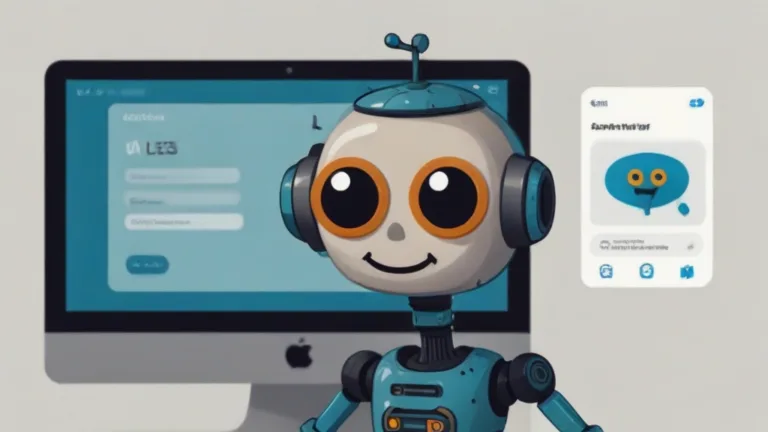AI Tools for Human Resources: Streamlining Hiring and Workforce Management
You know the ins and outs of managing a successful team, but have you considered how AI tools can revolutionize the way you approach hiring and workforce management? Artificial intelligence is making waves in the HR world, offering innovative solutions to streamline processes and enhance decision-making. From talent acquisition to employee engagement, these tools are paving the way for a more efficient and effective HR strategy.
Key Takeaways:
- Efficiency: AI tools help streamline the hiring process by automating tasks such as resume screening and scheduling interviews, saving time and resources.
- Predictive analytics: AI can analyze large amounts of data to identify patterns and predict future workforce needs, helping HR make informed decisions.
- Improved candidate experience: AI tools can provide personalized interactions with candidates, offering quicker responses and enhancing overall experience.
- Reduced bias: By using algorithms to evaluate candidates based on skills and qualifications, AI helps reduce unconscious bias in the hiring process.
- Enhanced workforce management: AI tools can help optimize employee scheduling, performance evaluations, and training programs to improve overall workforce productivity and retention.
The Evolution of Human Resources with AI
Historical HR Practices vs. AI-Driven Methods
The role of Human Resources (HR) has evolved significantly over the years, moving from a primarily administrative function to a strategic business partner. Traditional HR practices often involved manual processes for recruitment, training, and performance evaluation. However, with the advent of AI technology, these tasks have been streamlined and optimized for efficiency.
You may have experienced the time-consuming process of sifting through resumes or conducting numerous interviews to find the right candidate. AI tools now enable HR professionals to automate the screening of resumes, evaluate candidates based on predefined criteria, and even conduct initial interviews through chatbots. This not only saves time but also ensures a more objective selection process.
The Growing Significance of AI in Modern HR
Historical approaches to HR management often relied on gut feelings and subjective judgments when making critical decisions. However, with the growing significance of AI in modern HR practices, decisions are now data-driven and based on real-time analytics.
Modern HR departments are leveraging AI tools for workforce planning, employee engagement, and performance management. By analyzing large sets of data, AI can identify trends, predict future outcomes, and provide valuable insights for strategic decision-making. This shift towards data-driven HR practices has revolutionized the way companies manage their most valuable asset – their people.
Streamlining the Hiring Process with AI
Enhancing Job Postings and Candidate Sourcing
Enhancing the job postings and candidate sourcing process is crucial in attracting the right talent. AI tools can help optimize job descriptions to resonate well with potential candidates. By analyzing the language used in successful job posts and considering factors like location, industry trends, and company culture, AI can suggest improvements to job descriptions to attract a more diverse pool of candidates.
Automating Resume Screening and Candidate Shortlisting
The automation of resume screening and candidate shortlisting using AI algorithms can significantly reduce the time and effort expended in the initial stages of recruitment. AI tools can parse through resumes, cover letters, and online profiles to identify the most qualified candidates based on predefined criteria set by the hiring team. By automating this process, HR professionals can focus their energy on more strategic aspects of recruitment and engage with top talent more efficiently.
The automated screening process allows recruiters to eliminate unconscious biases that may affect the selection of candidates, ensuring a fair evaluation based on skills and qualifications.
Hiring with AI in Interviewing and Candidate Assessments
AI technology can revolutionize the interviewing and candidate assessment process by providing automated scheduling tools, conducting video interviews, and analyzing candidate responses through natural language processing. These tools can help recruiters and hiring managers assess candidate skills, personality traits, and cultural fit more effectively. Additionally, AI-powered assessments can provide data-driven insights to make more informed hiring decisions, leading to better long-term employee success and retention rates.
AI in interviewing and candidate assessments augments human judgment and intuition by providing objective data points and analytics to enhance decision-making processes. By leveraging AI in this way, organizations can streamline the hiring process, reduce time-to-fill metrics, and secure top talent more efficiently.
AI for Employee Onboarding and Training
Personalizing the Onboarding Experience
After the recruitment process, a crucial step for organizations is the onboarding of new employees. AI tools can play a significant role in personalizing the onboarding experience for each new hire. By analyzing data such as a new employee’s background, skillset, and interests, AI algorithms can tailor the onboarding process to meet individual needs and preferences.
Personalizing the onboarding experience can include creating customized welcome messages, providing relevant training materials based on job roles, and even matching new employees with mentors who share similar career paths or interests. This tailored approach fosters a sense of belonging and engagement from day one, setting the stage for a successful employee journey.
Utilizing AI for Tailored Employee Training Programs
On the training front, AI can revolutionize how organizations deliver learning experiences to employees. By leveraging AI-powered tools, companies can create tailored training programs that cater to individual learning styles, preferences, and pace. AI algorithms can analyze employee performance data and provide personalized recommendations for training modules or courses that align with each employee’s growth goals and areas for improvement.
Organizations can utilize AI to track employees’ progress, offer real-time feedback, and even gamify the learning process to boost engagement and motivation. With tailored training programs, employees can develop new skills effectively and efficiently, contributing to their professional development and overall performance within the organization.
Workforce Management Revolutionized by AI
Predictive Analytics for Talent Management
Keep your finger on the pulse of your organization with the latest AI tools for predicting talent needs and managing your workforce effectively. Predictive analytics can help you forecast future hiring requirements, identify potential skills gaps, and even predict employee turnover before it happens.
AI-Driven Performance Evaluations and Feedback
To enhance performance evaluations and feedback processes, AI tools can provide valuable insights and data-driven feedback to both employees and managers. These tools can analyze various performance metrics, track progress over time, and offer personalized recommendations for improvement.
Management can use AI-driven performance evaluations to identify patterns, trends, and areas for development that may not be immediately apparent. By leveraging these insights, organizations can provide targeted training and support to help employees reach their full potential.
AI Tools for Employee Engagement and Retention
To boost employee engagement and retention, AI tools offer innovative solutions to personalize the employee experience. From predictive analytics that identify at-risk employees to sentiment analysis that gauges overall job satisfaction, these tools can help organizations proactively address issues and improve employee morale.
Another advantage of AI tools for employee engagement and retention is their ability to automate routine tasks, freeing up time for HR professionals to focus on strategic initiatives. By automating processes such as onboarding, training, and performance management, HR teams can create a more engaging and fulfilling workplace environment for employees.
Ethical Considerations and Best Practices
Navigating the Implications of AI in HR
Ethical considerations are paramount when integrating AI tools in human resources. While AI offers tremendous benefits in streamlining hiring and workforce management processes, it also raises concerns about privacy, bias, and fairness. HR professionals must vigilantly navigate these implications to ensure the ethical use of AI in decision-making.
Best Practices for Implementing AI Tools Fairly and Responsively
Practices that promote fairness and responsibility in the implementation of AI tools are imperative for maintaining trust and integrity within HR processes. Transparency, accountability, and ongoing evaluation are key factors to consider when deploying AI solutions in HR. By prioritizing fairness and responsiveness, organizations can mitigate bias and ensure that AI enhances, rather than hinders, the human touch in HR.
Plus: It’s important for HR teams to regularly assess the impact of AI tools on employee experience and engagement. By soliciting feedback, addressing concerns, and making necessary adjustments, organizations can build a culture of trust and collaboration in the age of AI-powered HR.
The Future of AI in Human Resources
Upcoming Trends and Developments in AI for HR
Many exciting trends and developments are on the horizon for AI in human resources. From predictive analytics for employee retention to personalized training recommendations, AI is set to revolutionize the way HR functions.
The integration of AI-driven tools for recruitment, onboarding, and performance management is paving the way for a more efficient and data-informed HR process. With AI, HR professionals can make better decisions, enhance employee experiences, and drive organizational success.
Preparing for the Next Generation HR Technology Landscape
The future of HR technology landscape will be heavily influenced by advancements in AI. Technology is rapidly evolving, and HR departments must be prepared to adapt to stay competitive in attracting and retaining top talent.
To wrap up
The use of AI tools in Human Resources has revolutionized the hiring process and workforce management. These innovative technologies have helped streamline recruitment, allowing HR professionals to focus on building relationships and developing talent within the organization. By leveraging AI tools for tasks like resume screening, candidate sourcing, and employee engagement, HR departments can operate more efficiently and effectively.
AI has also enabled HR teams to make data-driven decisions, leading to better hiring outcomes and improved employee satisfaction. As these technologies continue to evolve, we can expect even more advancements in the way HR functions are carried out. By embracing AI tools, organizations can stay ahead of the curve in attracting top talent, retaining employees, and building a strong and thriving workforce.
FAQ
Q: What are AI Tools for Human Resources?
A: AI tools for Human Resources are software applications that use artificial intelligence technology to streamline hiring processes and workforce management tasks.
Q: How do AI Tools help in Hiring?
A: AI Tools assist in hiring by automating resume screening, identifying top candidates, scheduling interviews, and improving the candidate experience.
Q: What are the benefits of using AI Tools in Human Resources?
A: The benefits of using AI Tools in HR include time and cost savings, improved decision-making based on data analytics, enhanced candidate experience, and increased efficiency in workforce management.
Q: Can AI Tools help in Diversity and Inclusion initiatives?
A: Yes, AI Tools can help in promoting diversity and inclusion by reducing biases in the hiring process, ensuring fair and equal opportunities for all candidates, and facilitating diverse talent acquisition strategies.
Q: Are AI Tools for Human Resources user-friendly?
A: Yes, most AI Tools designed for Human Resources are user-friendly, with intuitive interfaces and customizable features to meet the specific needs of HR professionals and organizations.

